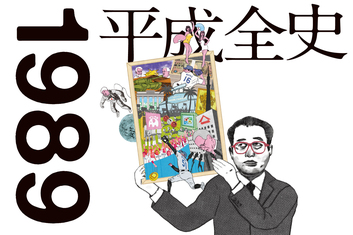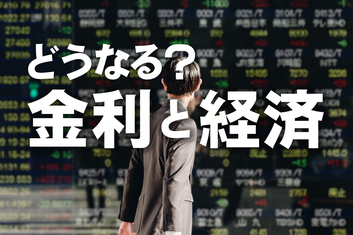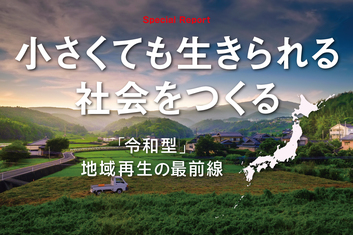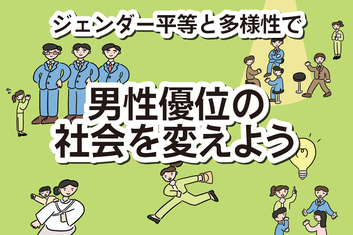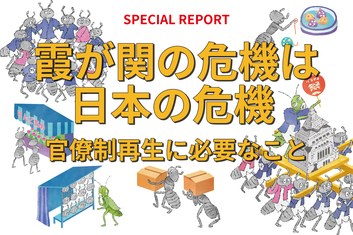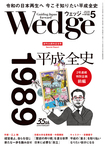Akhtar worked at a major car merchandise company and a consultancy before starting his own business. He started participating in used-car auctions in late August, and has put up 25 cars for auction in three months, earning a \3 million profit on sales of about \30 million. One of those was a used truck sold for \4.5 million that he bought in cash from a distribution company in Aomori Prefecture after receiving a tip from a Pakistani friend that the company was considering buying a new truck.
“Every used car, even a junker, is money. I want to start an export business in early 2014,” Akhtar said.
Some of the used cars sold at auction are exported by people like Akhtar and Ozawa. According to the Japan Used Motor Vehicle Exporters Association, the largest importer of used cars, including buses and trucks, in 2012 was Russia, with 140,000 units, followed by Myanmar with 120,000 and the United Arab Emirates with 88,000. The top 20 importers included six African nations. There is strong demand in former British colonies, where cars are driven on the left side of the road. In 2012, 45,000 used cars were exported to Kenya, followed by 23,000 to Tanzania and 18,000 to Zambia. By last October, exports to those countries had exceeded demand in all of 2012.
The growing demand caught the attention of Omori Kaisoten Ltd., a customs-clearance and distribution company based in Kobe, which has started shipping containers to East Africa. Used cars can be shipped via the service, which has caught Akhtar’s attention.
“I have friends in Kenya, Uganda and Zambia in Africa that I met at APU, and they import used cars. I know Pakistanis in Dubai who are also from APU, so I can do transit trade (through Dubai). We always exchange information using Facebook and other social networking services,” Akhtar said.
Ambitious Pakistani are behind a good reputation of Japanese used cars in the world.







